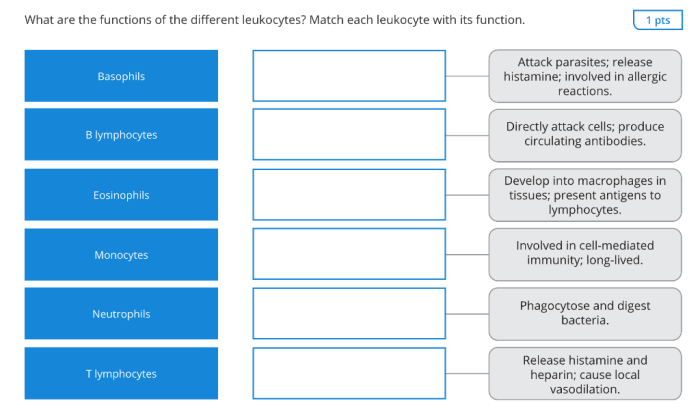Label the lymphatic organs in the figure embarks on an enlightening journey, unraveling the intricacies of these vital structures within our immune system. This comprehensive guide delves into their diverse functions, clinical significance, and the crucial role they play in maintaining our health.
Lymphatic organs, the sentinels of our immune defense, are specialized tissues strategically positioned throughout the body. They serve as filtration centers, trapping and eliminating pathogens, and orchestrate immune responses to protect us from infections and diseases.
Introduction

Lymphatic organs are specialized structures that play a crucial role in the body’s immune system. They are responsible for filtering and trapping pathogens, as well as producing and maturing immune cells.
Types of Lymphatic Organs
Primary Lymphatic Organs
Primary lymphatic organs are responsible for the production and maturation of immune cells. They include:
- Thymus:Located in the chest, the thymus produces and matures T lymphocytes (T cells).
- Bone marrow:Located in the bones, the bone marrow produces and matures B lymphocytes (B cells).
Secondary Lymphatic Organs, Label the lymphatic organs in the figure
Secondary lymphatic organs are responsible for filtering and trapping pathogens, as well as initiating immune responses. They include:
- Spleen:Located in the abdomen, the spleen filters blood and removes pathogens.
- Lymph nodes:Located throughout the body, lymph nodes filter lymph and trap pathogens.
- Tonsils:Located at the back of the throat, the tonsils trap pathogens entering through the mouth and nose.
Functions of Lymphatic Organs

Lymphatic organs perform various functions essential for the immune system:
- Filtration and trapping of pathogens:Spleen, lymph nodes, and tonsils filter fluids and trap pathogens, preventing their spread throughout the body.
- Production and maturation of immune cells:Thymus and bone marrow produce and mature T cells and B cells, which are essential for immune responses.
- Initiation of immune responses:Lymph nodes and spleen initiate immune responses by activating T cells and B cells upon exposure to pathogens.
Clinical Significance

Lymphatic organs are involved in various diseases:
- Lymphoma:A cancer of the lymphatic system, often affecting lymph nodes.
- Leukemia:A cancer of the blood-forming cells, including those in the bone marrow.
- Splenomegaly:An enlarged spleen, often due to infections or other medical conditions.
Understanding the functions and clinical significance of lymphatic organs is essential for diagnosing and treating these diseases.
FAQ Overview: Label The Lymphatic Organs In The Figure
What are the primary functions of lymphatic organs?
Lymphatic organs play a multifaceted role in the immune system, including filtering and trapping pathogens, initiating immune responses, and producing immune cells.
How do lymphatic organs contribute to clinical conditions?
Dysfunction or abnormalities in lymphatic organs can lead to various clinical conditions, such as lymphoma, leukemia, and immunodeficiencies.
